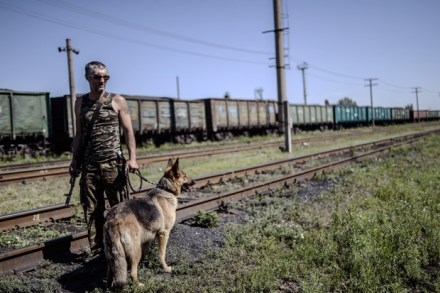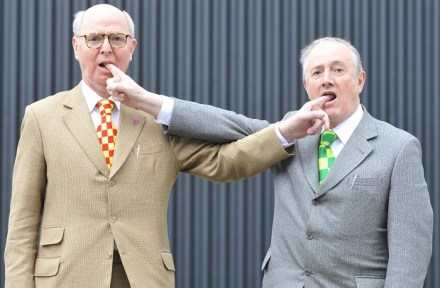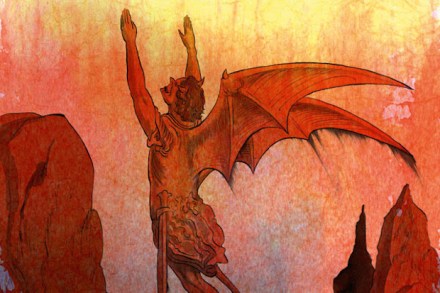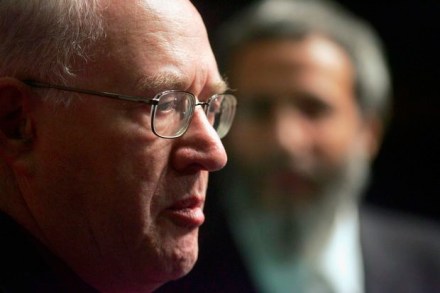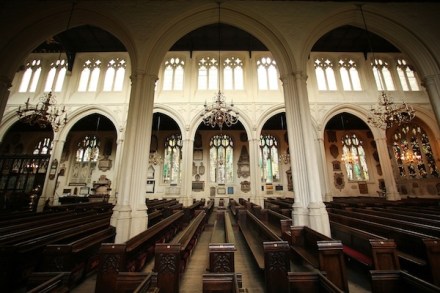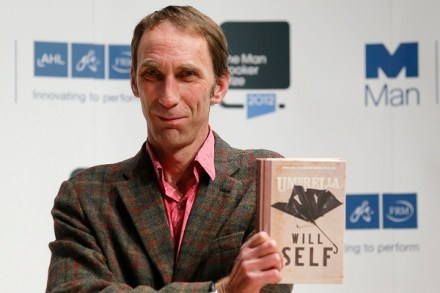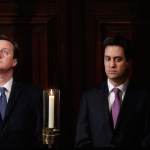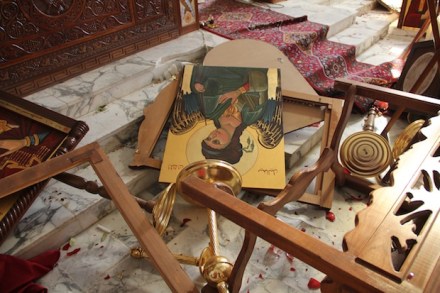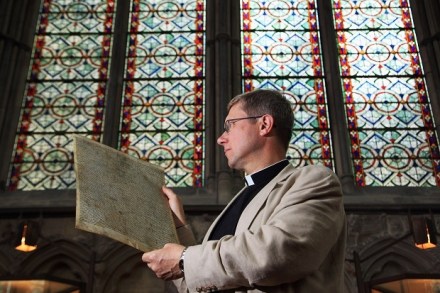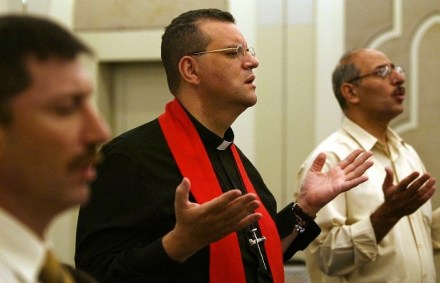Flight MH17: the unctuous Bishop James Jones shows off on ‘Thought for the Day’
Perhaps it’s my imagination, but every time the Rt Rev James Jones, former Bishop of Liverpool, pops up on Thought for the Day I hear an undertone of disappointed ambition. The same goes for Lord Harries, ex-Bishop of Oxford and, like Jones, once spoken of as a future Archbishop of Canterbury. It’s as if they’re saying: look how much poetry and gravitas I can pack into three minutes! I’d have been jolly good at Lambeth… listen to ‘Thought for the Day from the Rt Rev James Jones’ on Audioboo
